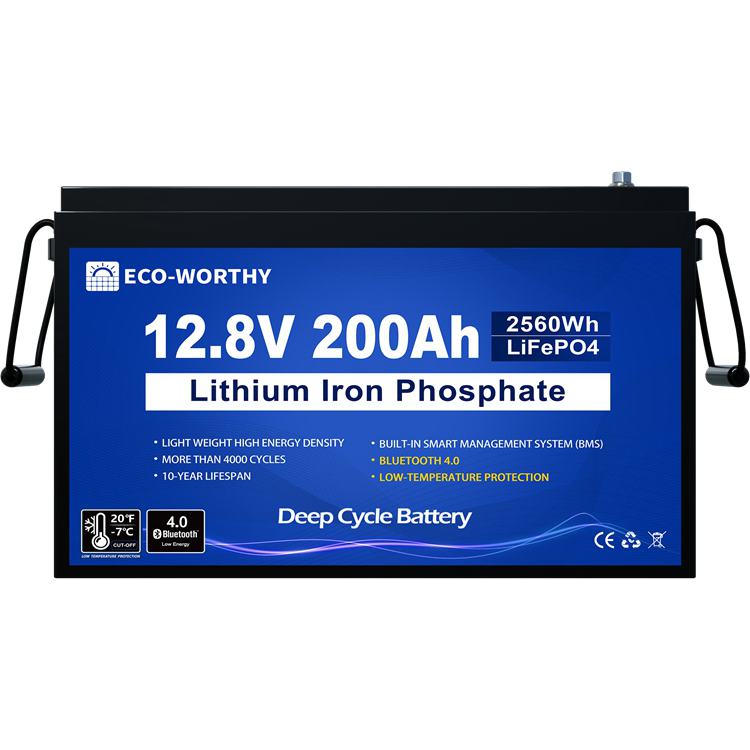The Relationship between LiFePO4 Batteries and the Development of Sustainable Energy
Jan 17, 2024
Introduction:
In recent years, there has been a growing global emphasis on the development of sustainable energy sources. As concerns over environmental preservation and the depletion of finite resources increase, the search for efficient and environmentally-friendly energy storage techniques has become paramount. One such technology that has gained considerable attention is the Lithium Iron Phosphate (LiFePO4) battery. This blog post explores the relationship between LiFePO4 batteries and the development of sustainable energy.
Advantages of LiFePO4 Batteries:
LiFePO4 batteries offer several advantages over traditional energy storage methods, making them an ideal choice for sustainable energy applications. Their high energy density, long cycle life, and excellent thermal stability make them a reliable and efficient choice for storing renewable energy. Additionally, LiFePO4 batteries are inherently safe, with a reduced risk of thermal runaway and fire hazards compared to other lithium-ion batteries.
Supporting Renewable Energy Sources:
LiFePO4 batteries play a vital role in supporting the integration of renewable energy sources, such as solar and wind power, into the grid. These intermittent energy sources produce variable outputs, which can be stabilized and stored using LiFePO4 batteries. By capturing excess energy during peak production and releasing it during periods of low generation, these batteries help balance the grid and ensure a steady supply of clean energy.
Off-Grid Power Solutions:
In remote or off-grid areas, LiFePO4 batteries enable the efficient storage and utilization of renewable energy. They can power homes, communities, and even small industries in locations with limited or no access to traditional power grids. By reducing dependence on fossil fuels and enabling self-sufficiency, LiFePO4 batteries contribute to the development of sustainable energy systems worldwide.
Electric Vehicles:
The rapid growth of electric vehicles (EVs) is a significant driver in the development of sustainable energy solutions. LiFePO4 batteries are becoming increasingly popular for use in EVs due to their higher energy density, longer lifespan, and enhanced safety features. Their integration in electric vehicle technology is facilitating the transition from fossil fuels to clean and sustainable transportation.
Recycling and Environmental Impact:
Sustainability is not just about supporting renewable energy sources; it also involves responsible waste management and environmental protection. LiFePO4 batteries have significant advantages in terms of recyclability compared to other lithium-ion batteries. With their lower cobalt content and minimal toxic elements, LiFePO4 batteries have a reduced environmental impact and can be easily recycled, minimizing landfill waste and ensuring a circular economy for energy storage solutions.
Conclusion:
The development of sustainable energy systems relies heavily on efficient energy storage solutions, and LiFePO4 batteries are at the forefront of this revolution. With their numerous advantages, including high energy density, long lifespan, and enhanced safety features, LiFePO4 batteries are driving the shift towards cleaner and greener energy sources. Their integration into renewable energy grids, off-grid power solutions, and electric vehicle technology is contributing to a more sustainable and environmentally-friendly future. By choosing LiFePO4 batteries, we are embracing the potential for a cleaner and more sustainable energy landscape.
